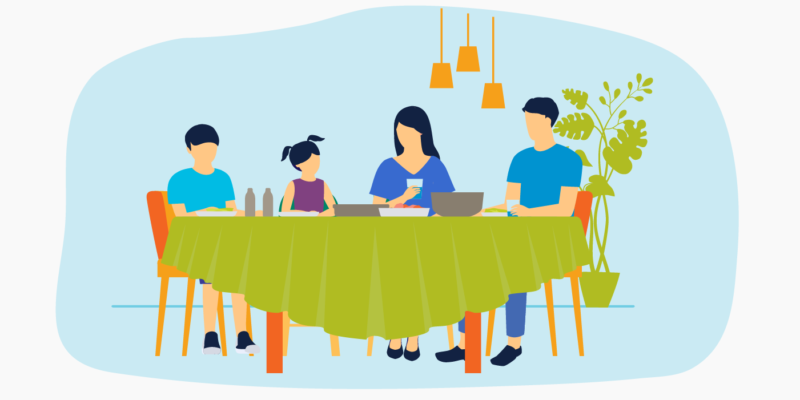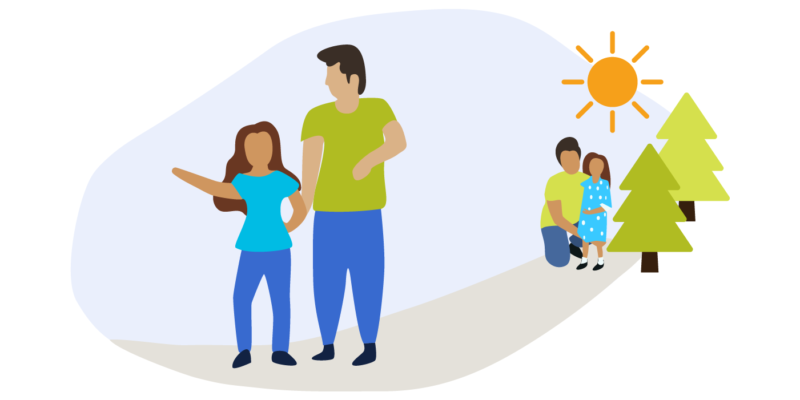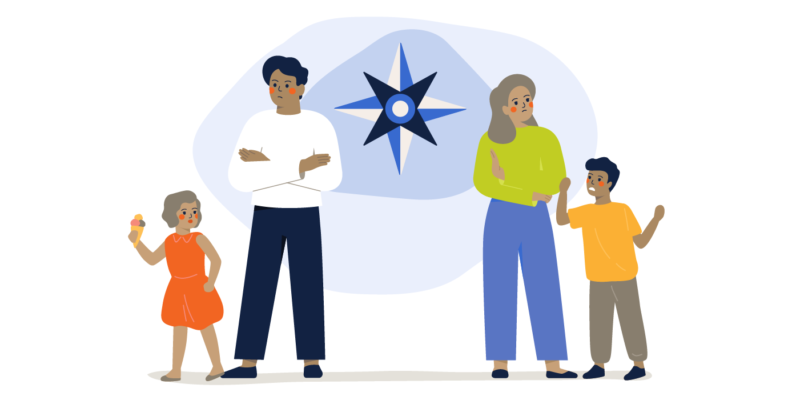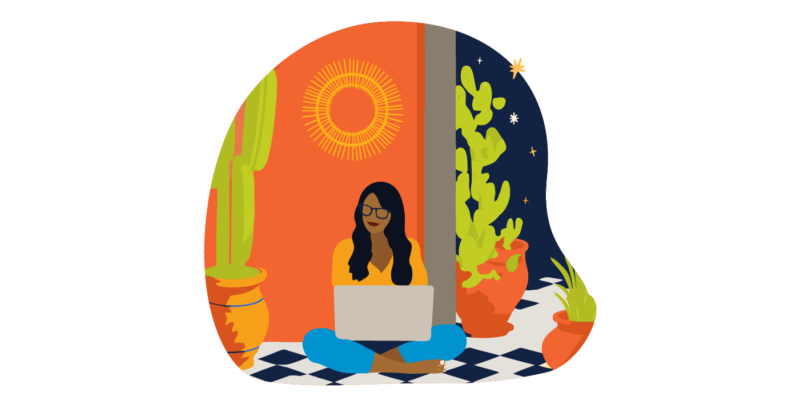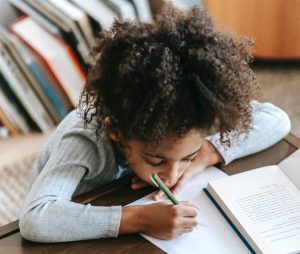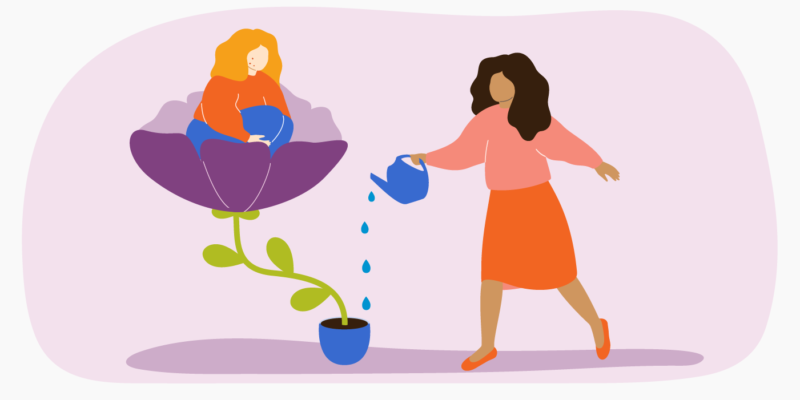
The Impact of Puberty on Mental Health
Puberty can be a challenging time, but with guidance, parents can help their children navigate it with resilience and strength. Drawing on insights and the expertise of CHC Doctoral Psychology intern, Emma Lecarie, this Voices of Compassion podcast episode provides Read more >>
